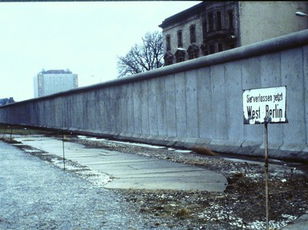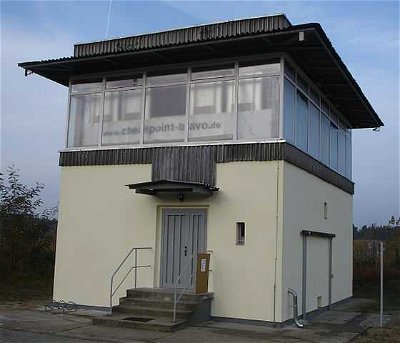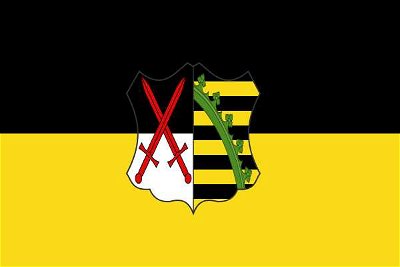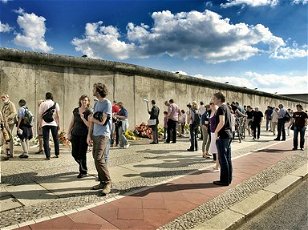5. Two tribes from up north tried to take up land in the Roman world around 110 BC. The Cimbri came from what we would know call Denmark, but which other tribe has probably given its name to what Germans call their country?
From Quiz Don't Mention the War
Answer:
Teutoni
As the written sources for this era of history are only Roman, I chose to use the Roman names for the different tribes.
The Cimbri and the Teutoni came from the present Jutland peninsula (mostly situated in present-day Denmark, although the most southern part is nowadays the German Bundesland of Schleswig-Holstein). The Cimbri inhabited the middle part of the peninsula just before 110, and the Teutoni were their southern neighbours. Most probably because of a fall in the agricultural output of their habitat, these two tribes packed all their belongings and went looking for greener land in the south. When they approached the Roman frontier, several battles ensued. At first the Roman legionnaires were overwhelmed by the fierce but uncoordinated attacks. Later consul Marius inflicted two decisive defeats on the invading tribes: the Roman legions annihilated the Teutoni near Aquae Sextiae (nowadays Aix-en-Provence, France) in 102 BC and the Cimbri near Vercellae (nowadays Vercelli, Italy) the next year.
Germans call themselves 'Deutsch', a name which probably goes back on the Teutoni. Likewise their country is named 'Deutschland' in their language.
The Frisii (Frisians) have given their name to the present Dutch province Friesland. The Langobardes ("those with the long beards") gave their name to the Italian region Lombardia. And the Alemani have left their name to Germany according to some Romance languages (French: Allemagne, Spanish: Alemania).












 Quick Question
Quick Question